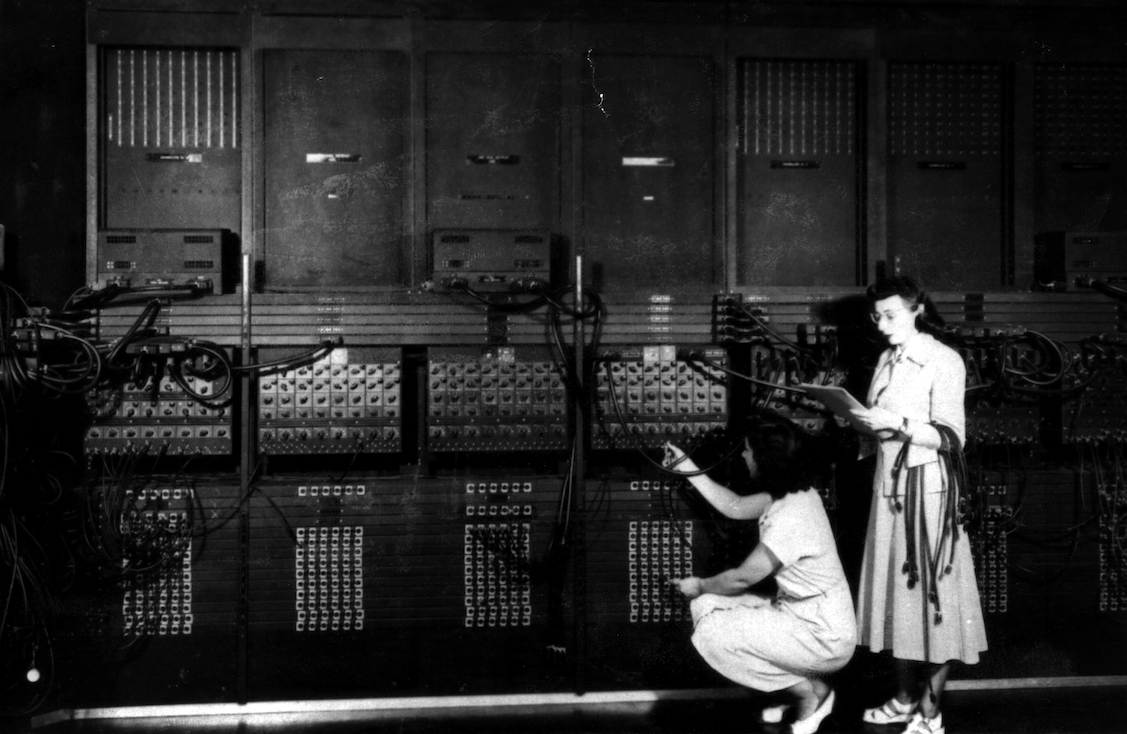The topic of gender diversity in technology is becoming increasingly popular as the gender gap begins to close, but I find that people do not really understand why this diversity is important–or even more worrisome, how women can contribute to the advancement of technology.
As a recent university graduate, I am proud to be a part of a group of new hires which is 75 percent women. This is impressive, even for a progressive company, but the fact that it is impressive shows how much further we as women have to go.
However, countless inspirational women before us have already paved the road to success. Here’s a brief history of just a few of them. Hopefully, we can become more aware and appreciative of the contributions made to our community by people of all genders, races, and sexual orientations.
Williamina Fleming
At just 23 years old and as a single mother, Williamina Fleming became the housekeeper for Edward Pickering, a professor of astronomy at Harvard University. Pickering needed someone to make tedious calculations, and after being disappointed by the poor work done by his male employees, he recruited his housekeeper.
She discovered a new system to classify stars, cataloged over ten thousand stars, and later went on to study at the university herself and lead a team of over 80 women. Though she did not work directly with any modern technologies, she is considered one of the great minds that contributed to the ideas used to create computers.
The Women of ENIAC
Over 80 women worked as “computers” at the University of Pennsylvania during World War II, calculating complex differential equations of ballistics trajectories by hand. The Army agreed to fund an experiment for the group which concluded in the first ever all-electronic digital computer. Read their story here.
Grace Hopper
This list of amazing women wouldn’t be complete without Grace Hopper, also known as the “mother of computing.” She began teaching mathematics in the 1930s, joined the Navy, and eventually became a member of the team developing the UNIVAC I computer. Her work ultimately led to the creation of the compiled computer language, COBOL. Throughout the 50s and 60s, despite the pressure to conform to gender roles, Grace Hopper served as a highly ranked woman in the Navy.
Annie Easley
Annie Easley worked as a “human computer” at NASA after being inspired by twin sisters working at the Aircraft Engine Research Lab in Cleveland, Ohio. She later became one of only four African-American employees running simulations at a reactor lab, and she went on to develop code that would be used in modern implementations of hybrid car batteries. She was also a major advocate for women and minority students to join STEM careers.
Megan Smith
The former Google VP, Megan Smith became the third-ever CTO during the Obama administration advising on decisions including net neutrality. She helped move the U.S. government into the modern era of technology, created online resources honoring women in technology, and is an advocate for underrepresented groups in STEM careers.
Victoria Alonso
There are not many women in the VFX industry besides Victoria Alonso. As Marvel Studios’ executive vice president of physical production, Alonso has helped in the production of major cinematic pieces including Guardians of the Galaxy and Captain America: Civil War. She recently earned the Visionary Award from the Visual Effects Society (VES), the professional honorary society for visual effects.
Angelica Ross
Angelica Ross, a transgender woman of color, has been advocating for diversity in technology for many years. She founded TransTech Social Enterprises, which is devoted to helping people in poverty through social work, technical training, and helping gender-nonconforming people gain equal opportunities in STEM fields.
From the first computer to advocating for non-cisgender people in STEM, women have contributed a great deal to the advancement of technology. These are just a few of the outstanding people who have broken the bounds of societal norms and made a difference for the future of my generation.


I love this post, Gillian. Proud to work with you.
I love this post! I did not know who Angelica Ross was, and am happy to be following her on Twitter now.